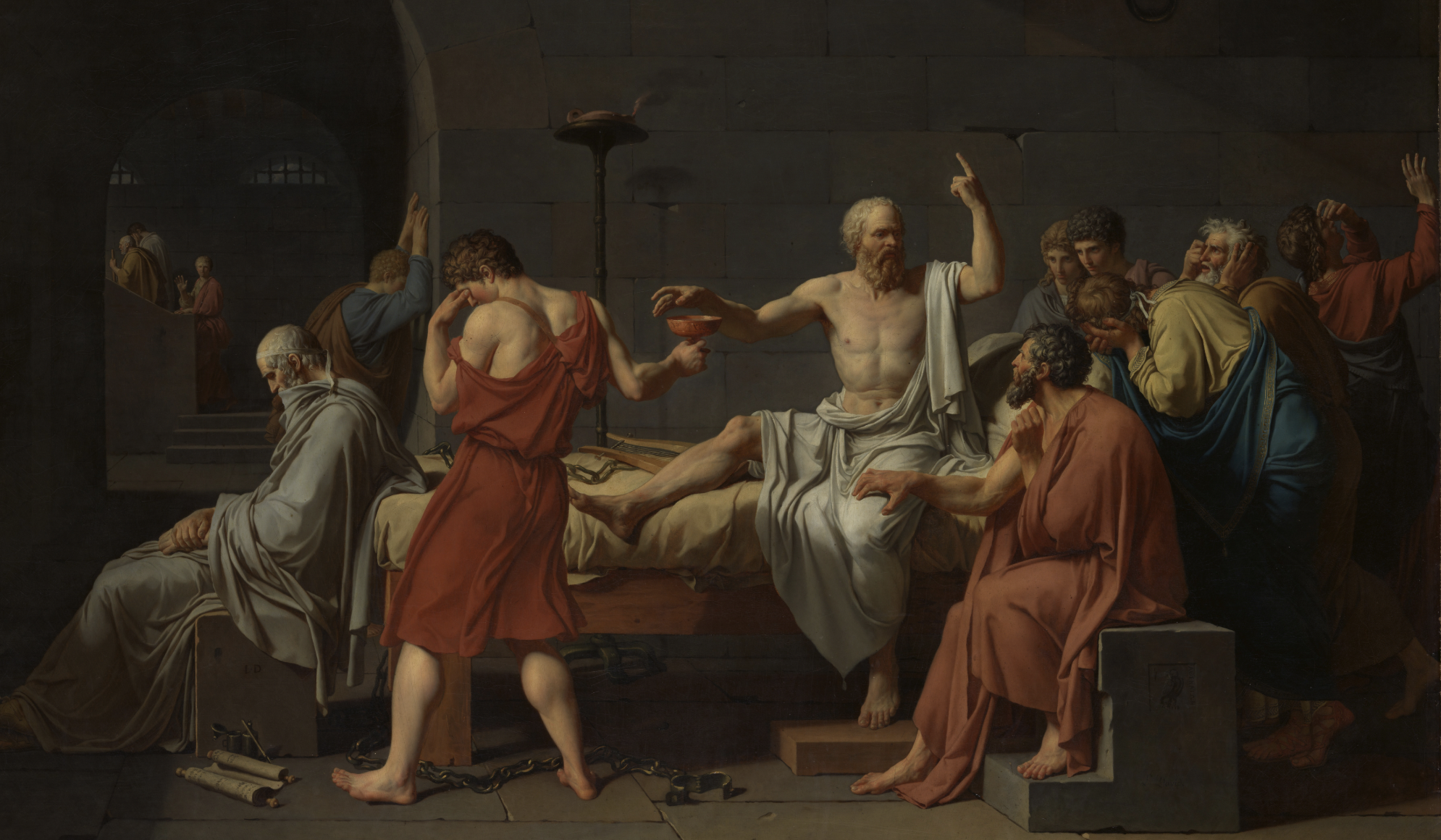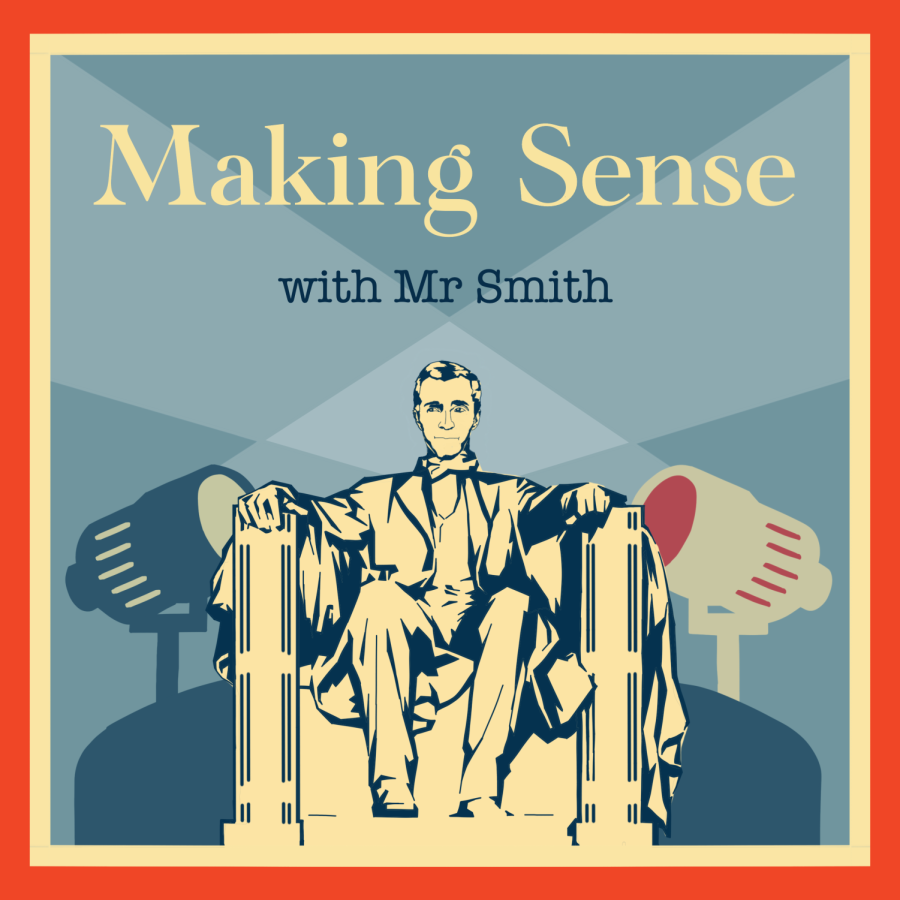In recent years, the caliber of public discourse has deteriorated into a brittle, reactionary, and divisive state, a far cry from the firm foundation laid by America’s forefathers. What was once seen as spirited debate for the furtherance of understanding and compromise has, in many corners, become verbal warfare of total disengagement. As polarization deepens around the country and conversations retreat behind fortified ideological walls, it has become increasingly clear: humanity is losing its capacity for open discourse. With this alarming new development, or decay, we risk undermining the very foundation of our democracy.
Open discourse is not just the right to speak freely, it’s the willingness to engage with a range of opinions honestly, to question and be questioned, and respect the idea that the truth is often more complex than we can perceive alone. It is through this process that democratic societies refine their values, challenge preconceived assumptions, and entertain new methods of progress to a better future. The United States Constitution promotes free speech as a fundamental liberty to protect individual expression and foster federal growth.
But as a people, we are struggling to uphold this ideal. As fear-mongering algorithms continue to infiltrate our psyche and dominate online platforms, we increasingly find ourselves surrounded by voices that reflect our own preconceptions. This digital realm shields us from differing views and perspectives, emphasizing its existence to prevent us from openly speaking with one another. Not only this, but it conditions the brain to treat disagreement as a personal attack rather than an opportunity. We scroll past differences instead of stopping to understand them. The consequence is a rapidly growing sense of tribalism that masks the sophistication of real-world issues, punishing the complex and rewarding the absolute.
Many Americans are hesitant to speak their minds due to the fear of social backlash. Society’s new phenomenon, “Cancel Culture,” adds to the issue. The chilling effect it has created, especially in debate, is real for many people, as the fear of ostracism prevents thousands from speaking their minds, in our workspaces, school systems, and even our living rooms, where speaking up can be disastrous for a person’s reputation. Without the space to make mistakes, apologize, or evolve, any honest effort at discourse becomes paralyzed.
This isn’t just a cultural problem; it’s a civic one. As philospoher John Dewey argued nearly a century ago, the health of democracy depends on more than just participation, it hinges on the quality of communication that shapes public opinion and decision making:
If we can’t have uncomfortable conversations about public policy, socioeconomic influence, or any of the complex issues that define American life, we can’t solve them. Furthermore, if people begin to feel that their voice doesn’t matter, or worse, that they aren’t wanted, they disengage. Cynicism replaces involvement. Distrust replaces dialogue.
The solution isn’t a return to an imagined “golden age” of polite debate. It is the intentional construction of new spaces where discourse can flourish. Spaces where disagreement is expected and respected, where intellectual growth is celebrated, and where we remind ourselves that the person in front of us is still one of us, another citizen with the same stake in our shared future.
It’s time we move away from soundbites and snark toward something more challenging, but infinitely more valuable: real conversation. Open discourse will never be easy, especially in a country as large and diverse as ours. If we hope to preserve the democratic spirit we so often claim to cherish, we must commit to seeking understanding, not in echo chambers, but in spaces with a renewed devotion to honest, open discourse.









Ruslan Guliev • Sep 15, 2025 at 4:33 pm
This was very wonderful! Enjoyed this read!
Mrs. Smith • Sep 15, 2025 at 4:17 pm
Thank you for this article. Your insights are thoughtful, mature and promote a hopeful path.